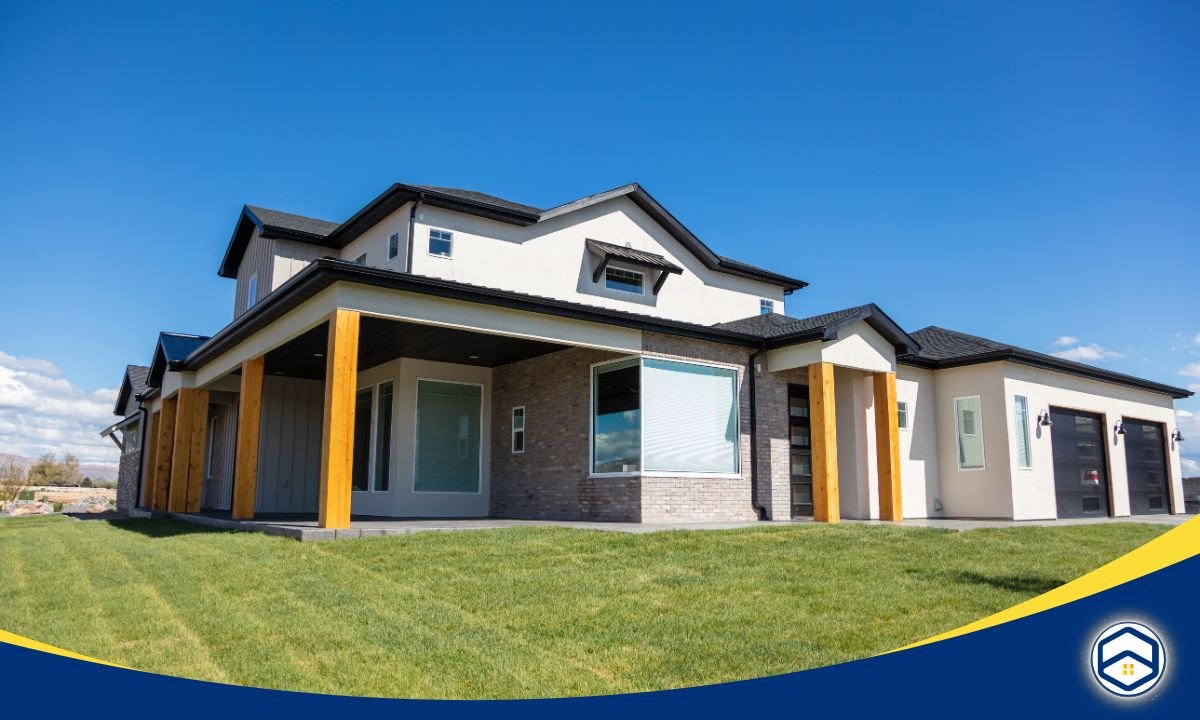Finding the perfect apartment in Houston, Texas, can be an exciting yet challenging journey, especially when working with a medium salary. Houston offers many housing options, and it is known for its diverse culture, booming economy, and relatively affordable cost of living compared to other major cities. However, creating a realistic budget is critical to securing an apartment that fits your lifestyle and financial goals.
This guide will explore practical tips and strategies for budgeting for Houston apartments. Whether you’re a young professional, a family on a budget, or someone relocating to the city, this article will equip you with the knowledge you need to make smart financial decisions.
Why Budgeting for Houston Apartments Matters
Budgeting isn’t just about crunching numbers; it’s about aligning your living arrangements with your income, expenses, and future goals. Houston, being a sprawling city with a wide range of neighborhoods, offers apartments at varying price points. Without a proper budget, it’s easy to overspend or settle for a place that doesn’t meet your needs.
The Cost of Living in Houston
Houston’s cost of living is lower than the national average, but housing prices can vary significantly by neighborhood. For example:
- Downtown and Inner Loop neighborhoods tend to have higher rents, catering to young professionals and urban dwellers.
- Suburban areas like Katy or Pearland offer more affordable options for families.
- Up-and-coming neighborhoods like EaDo (East Downtown) provide a balance between affordability and proximity to the city’s core.

Step-by-Step Guide to Budgeting for Houston Apartments
1. Assess Your Income
Before apartment hunting, calculate your monthly take-home pay. A general rule of thumb is to allocate no more than 30% of your income toward rent. For example:
- If you earn $4,000 per month, aim for a monthly rent of $1,200 or less.
- Combine your net earnings to determine your housing budget if you’re on a dual income.
Pro Tip:
Include any additional income sources like side gigs, bonuses, or financial support when determining your budget.
2. Factor in Additional Costs
Rent is just one piece of the puzzle. You’ll need to account for:
- Utilities: Electricity, water, gas, and internet can add $150–$300 monthly.
- Renter’s insurance: Averages $15–$30 per month.
- Parking fees: Some apartments charge for reserved spots or garages.
- Commuting costs: Consider gas, tolls, or public transportation expenses.
- Amenities: Gyms, pools, and pet-friendly facilities may come with additional charges.
Example:
If your rent is $1,200 and utilities add $200, your total monthly housing cost would be $1,400. This ensures you’re not caught off guard by hidden expenses.
3. Research Houston Neighborhoods
Houston’s neighborhoods each have unique characteristics and price ranges. When budgeting, research areas that align with your priorities, such as proximity to work, safety, and lifestyle amenities.
Popular Neighborhoods for Medium-Salary Tenants:
- Midtown: Vibrant nightlife, young professional vibe.
- The Heights: Quirky and historic, with diverse housing options.
- Westchase: Affordable and business-friendly.
- Alief: Known for its affordability and cultural diversity.

Saving for Your Apartment
Once you’ve set your budget, the next step is saving for upfront costs such as deposits, moving expenses, and furnishings. Here’s how to do it:
1. Calculate Initial Costs
Before signing a lease, you’ll typically need:
Security deposit: Usually one month’s rent.
First and last month’s rent.
Application fees: Ranges from $25 to $100.
Moving costs: Budget for hiring movers or renting a truck.
Furniture and appliances: If your new apartment is unfurnished.
Example:
For an apartment with $1,200 rent, expect to pay around $3,000 upfront, including deposits and initial expenses.
2. Create a Savings Plan
Set aside a portion of your income each month to cover these costs. Consider:
Cutting discretionary spending (e.g., dining out or subscriptions).
Picking up a part-time job or freelance work.
Selling unused items online.
Maximizing Your Apartment Budget
1. Look for Special Offers
Many Houston apartment complexes offer move-in specials, such as:
- Reduced security deposits.
- One or two months of free rent.
- Discounts for signing longer leases.
Pro Tip: Check online platforms like Zillow, Apartment Finder, and local Facebook groups for deals.
2. Negotiate Rent
In a competitive market, landlords may be open to negotiation. To increase your chances:
- Highlight your stable income and credit history.
- Offer to sign a longer lease (e.g., 18 months instead of 12).
- Be prepared to compromise on amenities.
3. Consider Roommates
Sharing your space can significantly reduce costs. For instance:
- A two-bedroom apartment in Midtown costing $2,000 splits to $1,000 each.
- Shared utilities and furnishings further lower expenses.

Common Budgeting Mistakes to Avoid
1. Ignoring the Commute
Houston’s traffic can be daunting. Choosing a cheaper apartment far from work might increase transportation costs and stress.
2. Overlooking Utility Costs
Some older apartments in Houston have outdated systems that drive up electricity bills. Always ask about average utility costs before signing a lease.
3. Forgetting About Emergencies
Set aside at least three months’ rent as an emergency fund. Life is unpredictable, and having a cushion can prevent financial strain.
Conclusion
Budgeting for Houston apartments doesn’t have to be overwhelming. By assessing your income, understanding additional costs, and researching neighborhoods, you can find a place that suits both your financial and lifestyle needs. Remember to plan for upfront costs, look for ways to save, and avoid common pitfalls. With thoughtful planning, you’ll be well on your way to finding your ideal home in Houston.











